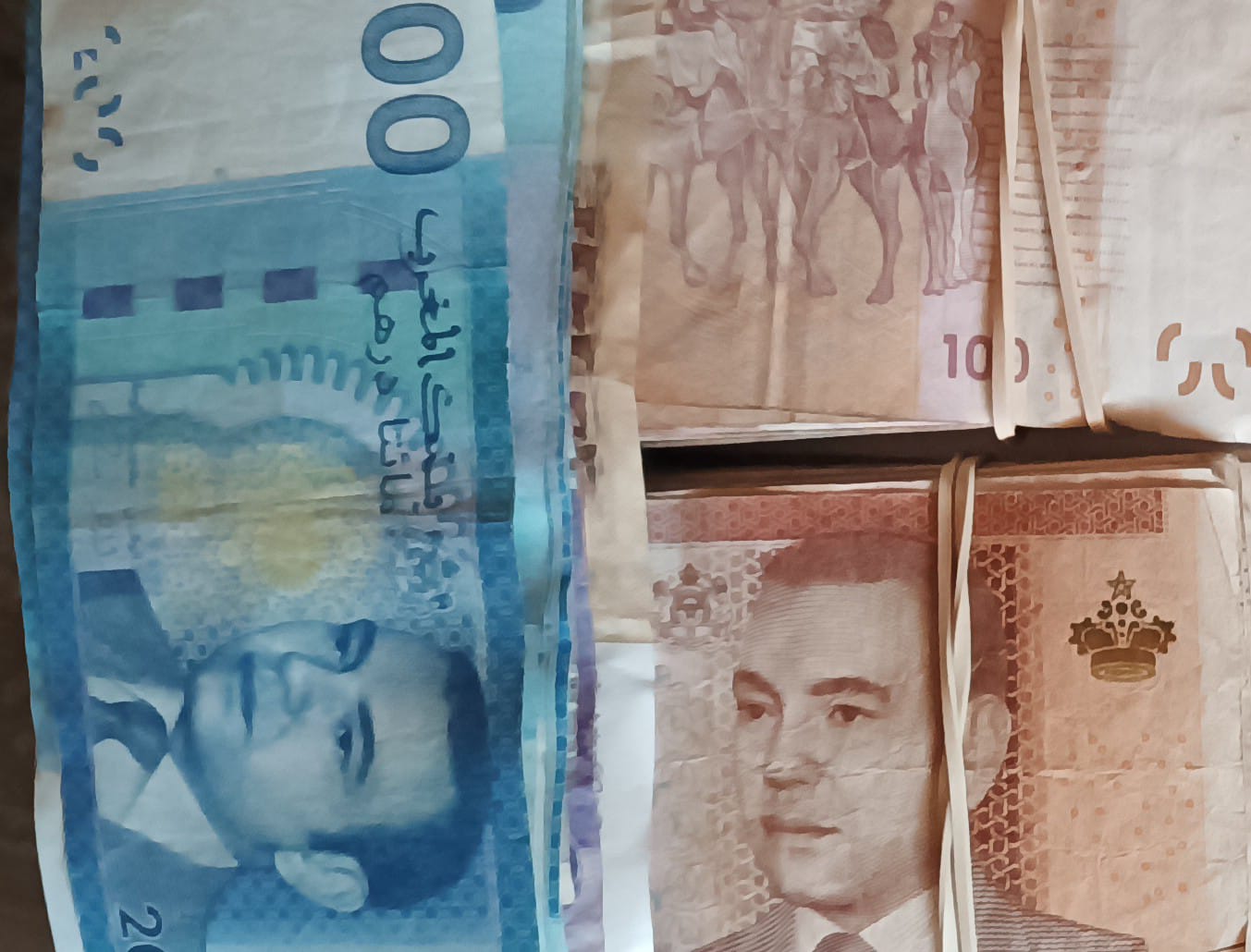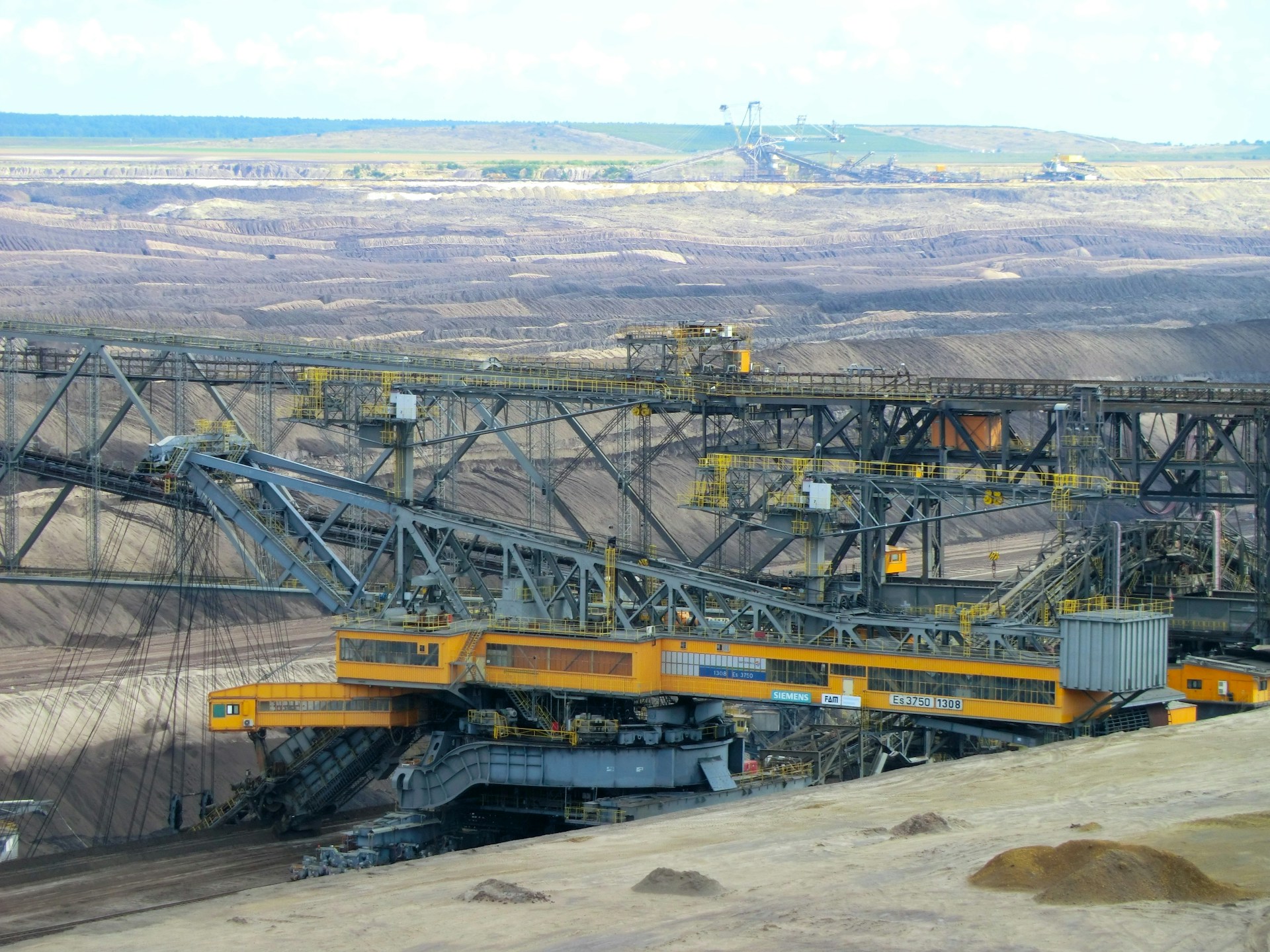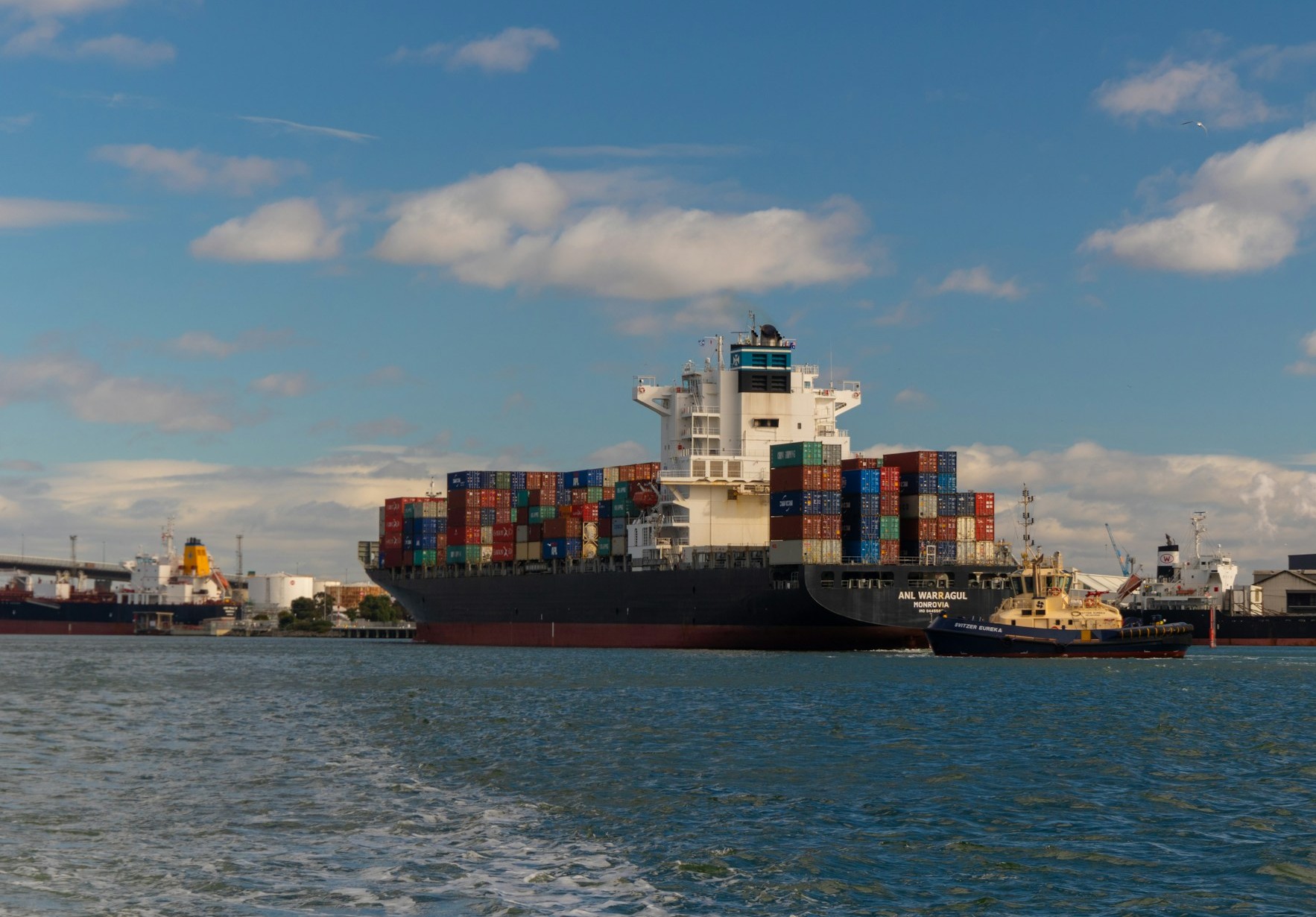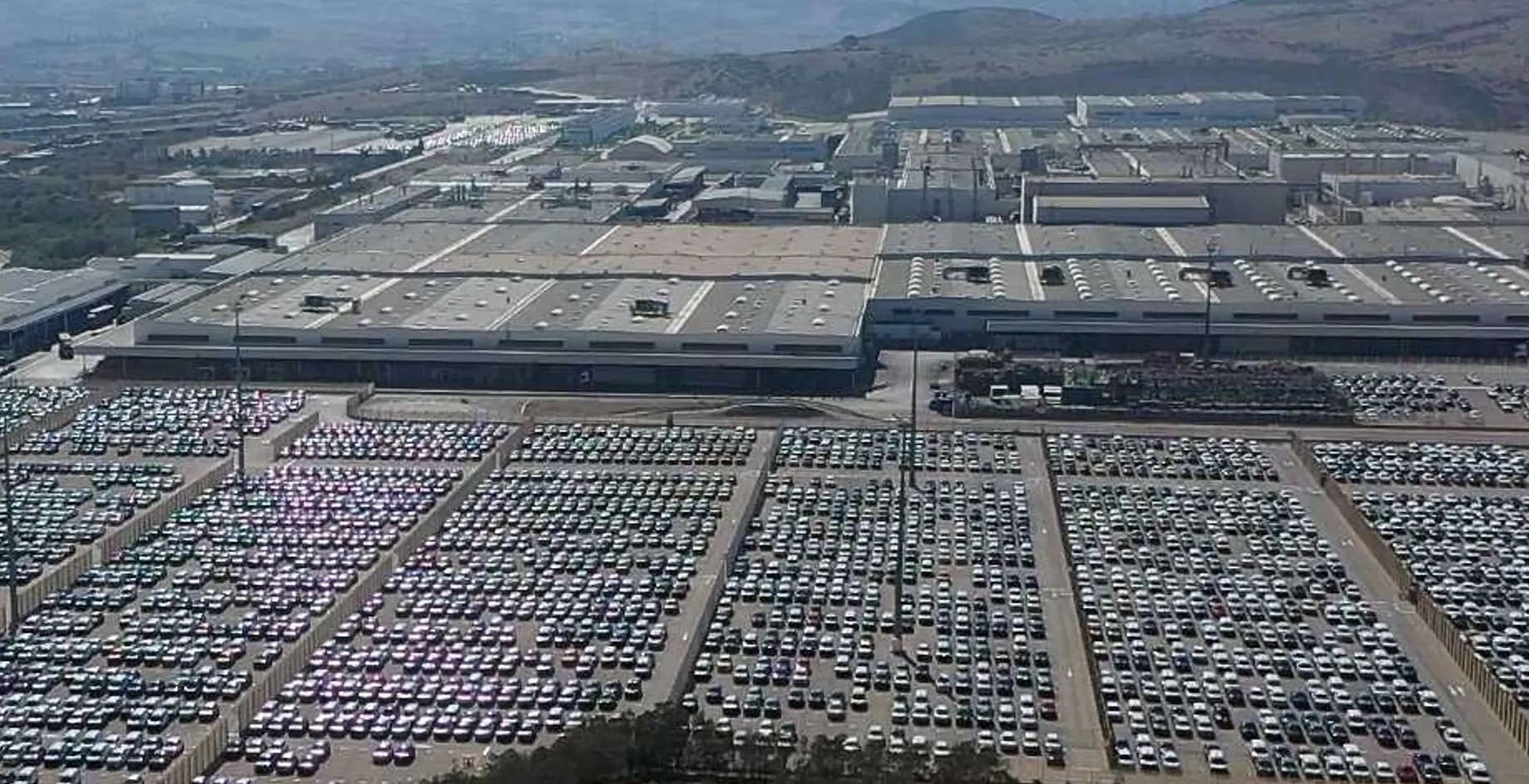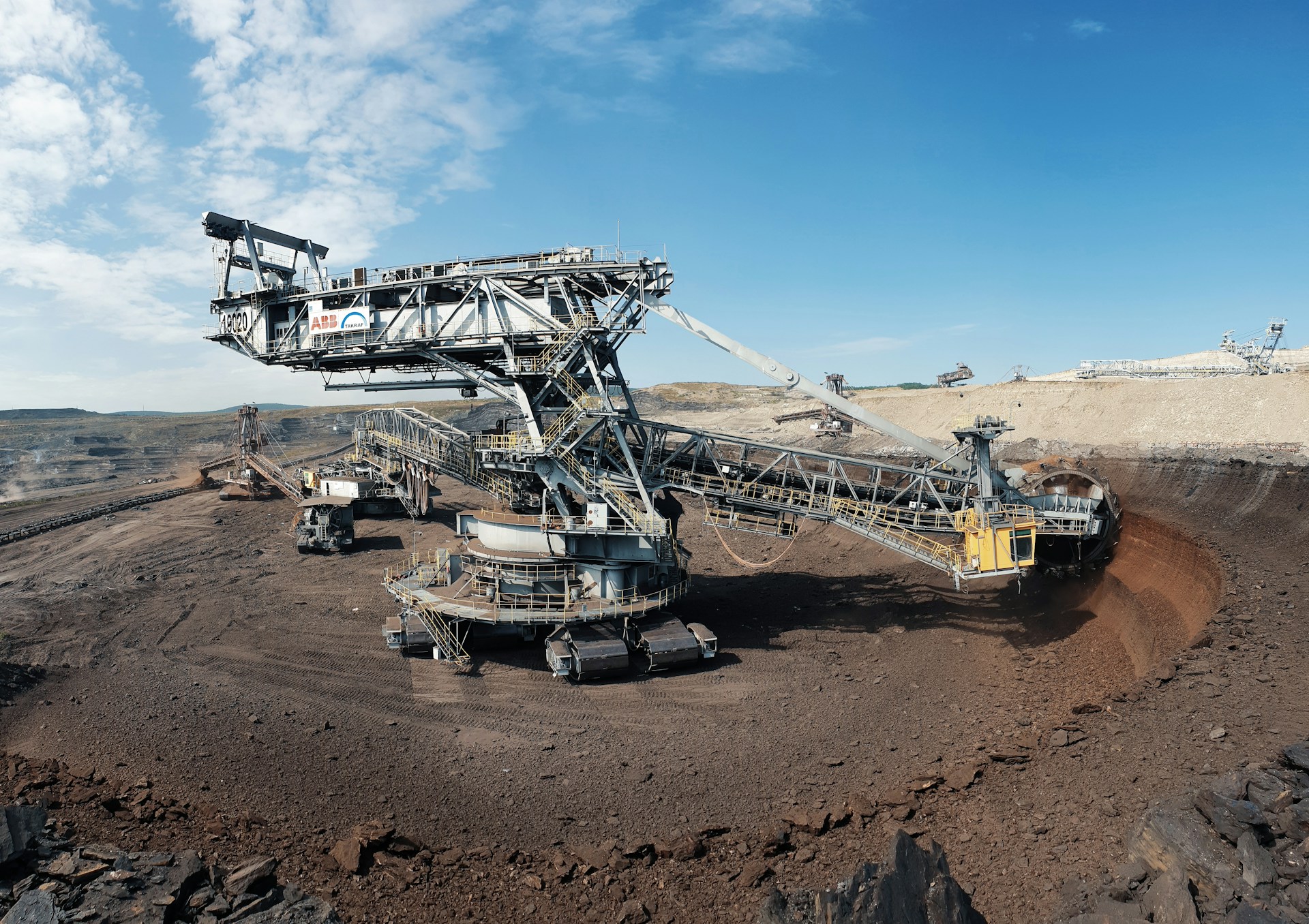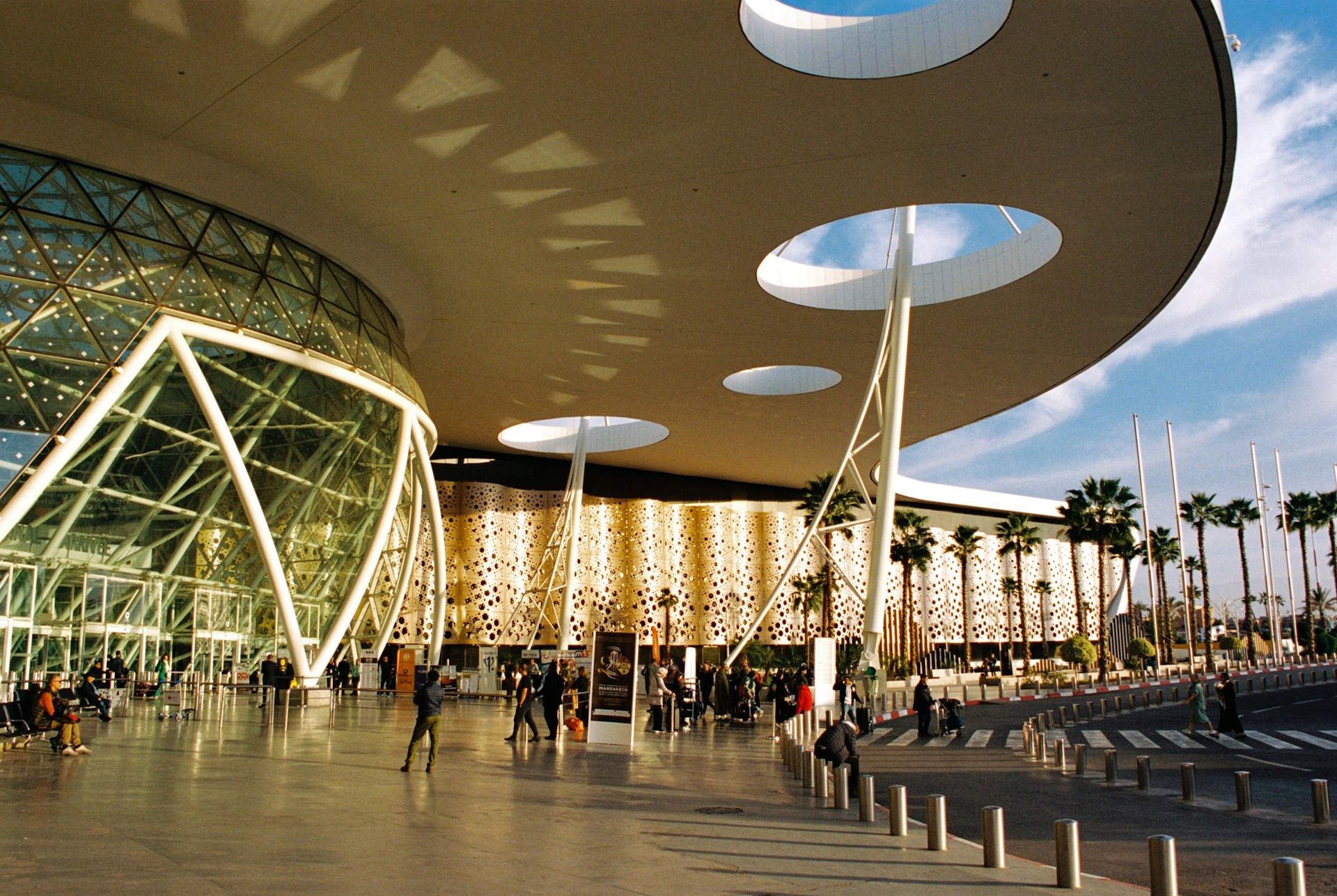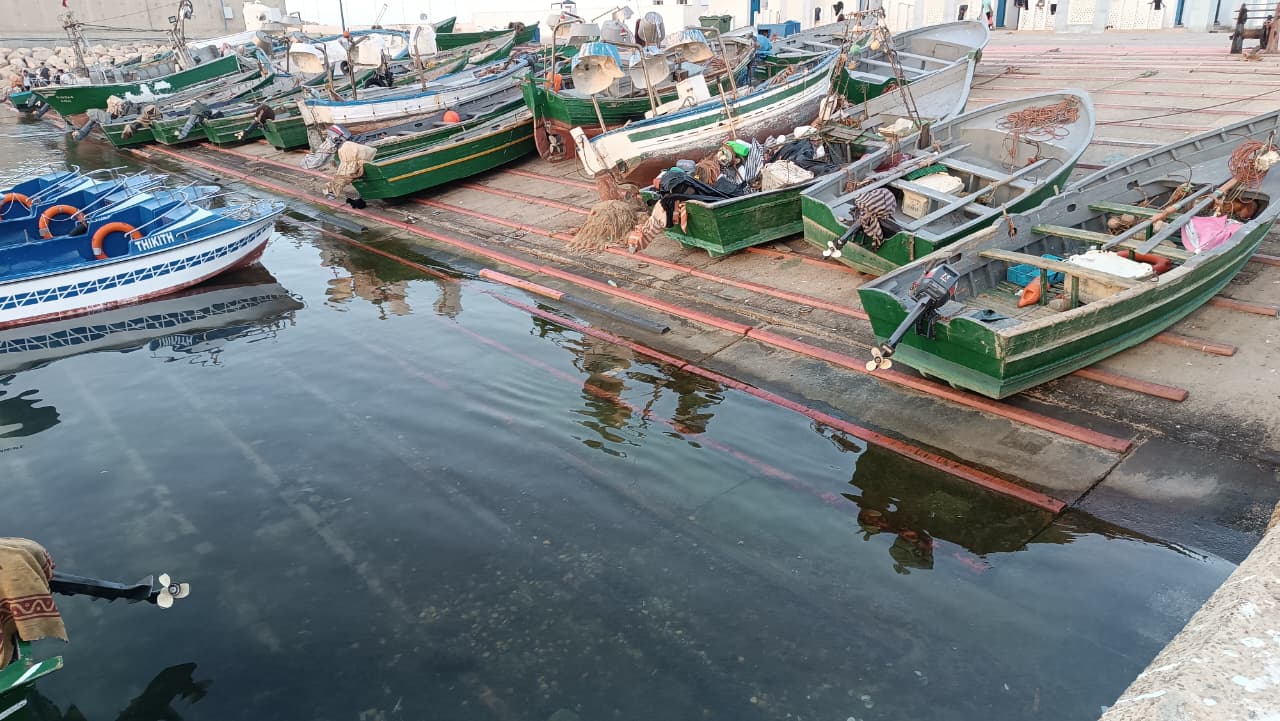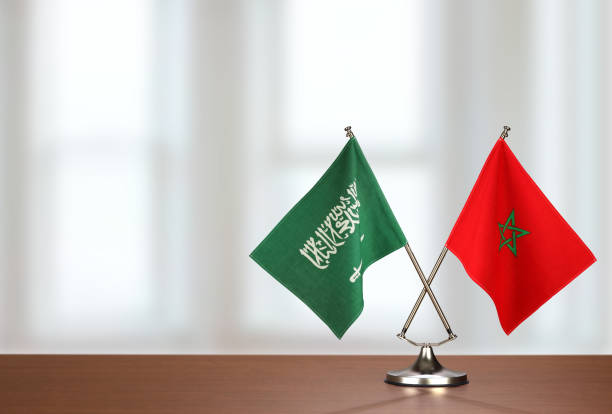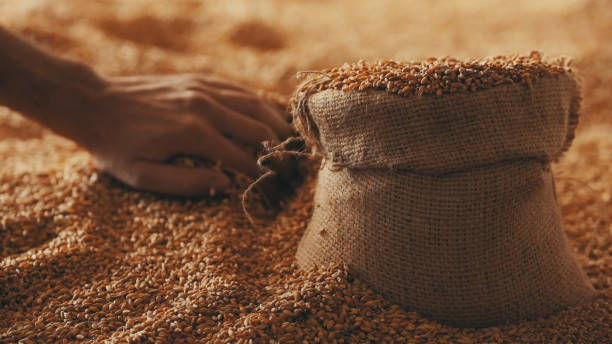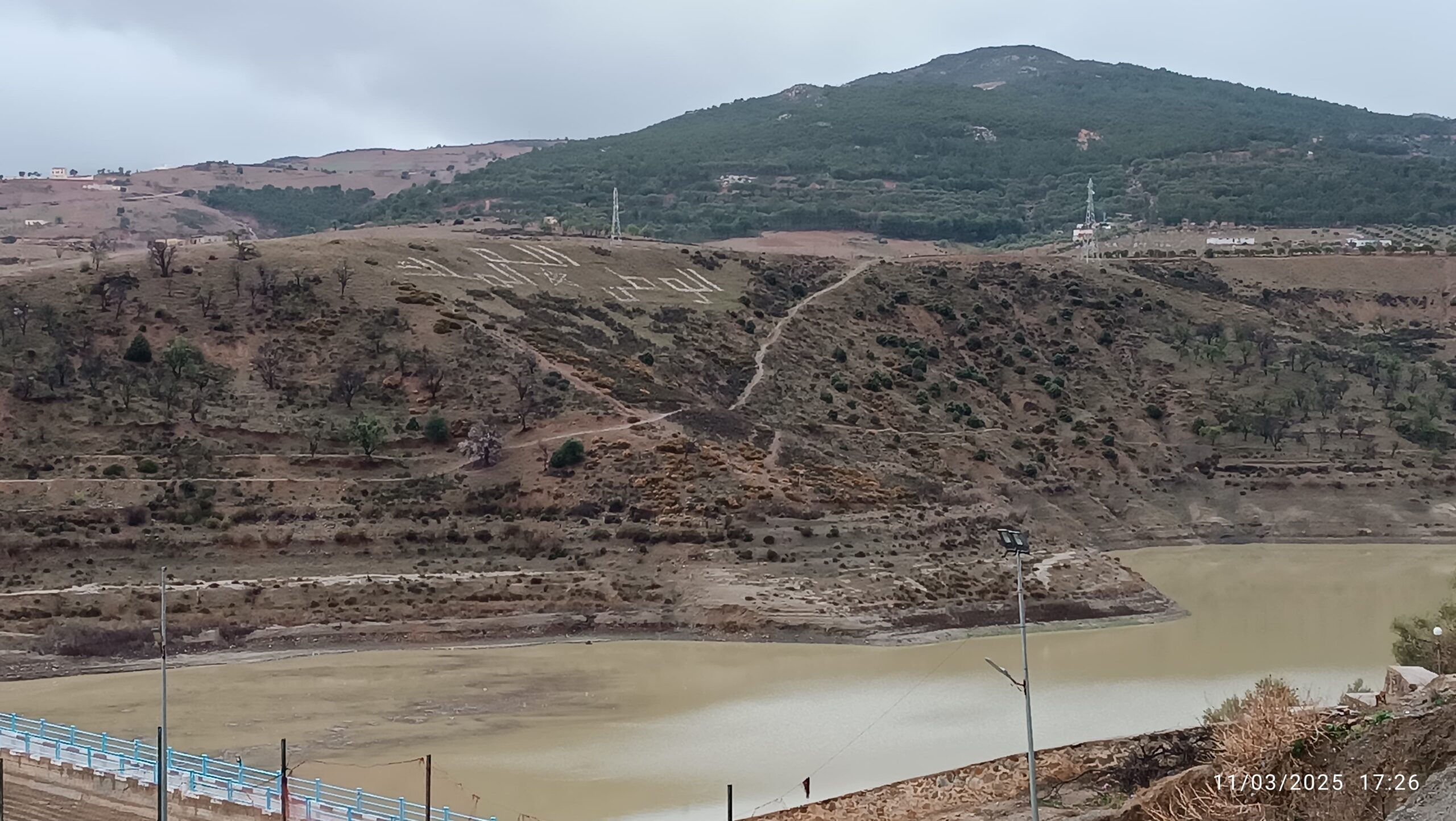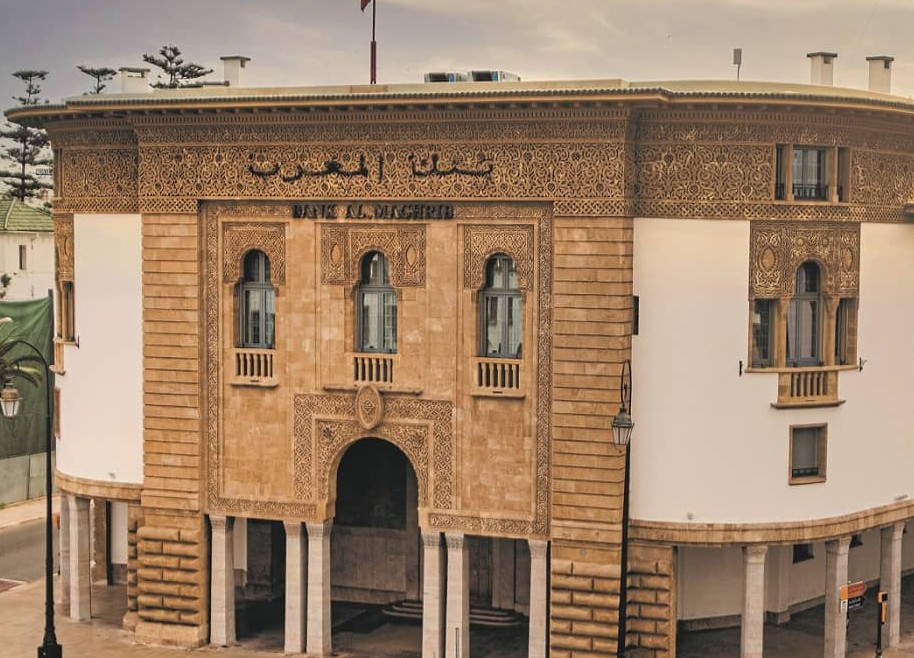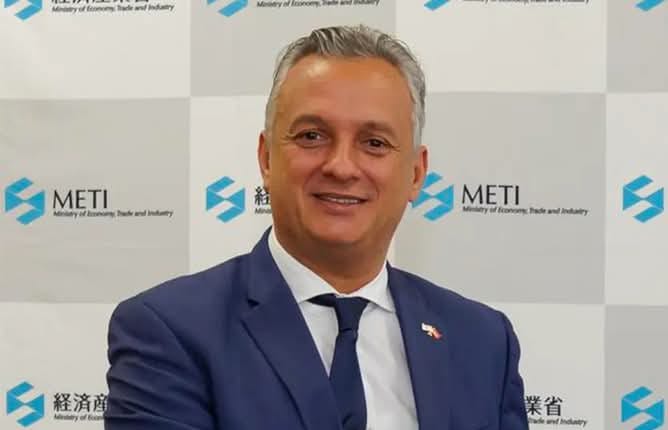Casablanca – Morocco has emerged as the undisputed leader in global phosphate reserves, possessing nearly 70% of the world’s total reserves. This notable achievement was highlighted in the 2024 ranking of phosphate reserves by country, released by the World Population Review.
Africa: The phosphate powerhouse
The distribution of global phosphate reserves is heavily skewed towards Africa, which holds more than 83% of the world’s proven reserves. This concentration underscores Africa’s crucial role in the global phosphate market, positioning it as a vital source for this essential component of fertilizer production.
Morocco’s supreme position
At the forefront of this dominance is Morocco, with an astounding 50 billion metric tons of phosphate reserves. This immense quantity accounts for nearly 70% of the global total, placing Morocco far ahead of any other country. Such a commanding lead ensures Morocco’s pivotal role in the global phosphate supply chain.
The competition trails behind
While Morocco’s lead is substantial, other countries hold notable but significantly smaller reserves. Egypt, ranking second, possesses 2.8 billion metric tons of phosphate, followed closely by Tunisia and Algeria with 2.5 billion and 2.2 billion metric tons, respectively. China, despite its vast economic might, holds 1.9 billion metric tons, aligning with Brazil and South Africa, each with 1.6 billion metric tons. Saudi Arabia also marks its presence with 1.4 billion metric tons of reserves.
Global contributions
In addition to these leading nations, several countries contribute modestly to the global phosphate reserves. These include Australia, the United States, Finland, Jordan, and Russia, each playing a role in the worldwide phosphate supply despite their smaller share of reserves.
The importance of phosphate
Phosphate is a critical resource, essential for the production of fertilizers and energy. The World Population Review emphasized its significant role in modern society and technology. “For this reason, phosphate reserves worldwide are vital for modern society and technology,” the report stated.
Strategic implications
Morocco’s leadership in phosphate reserves not only bolsters its economic position but also enhances its strategic importance on the global stage. As demand for fertilizers and sustainable agricultural practices increases, Morocco’s vast reserves will be crucial in meeting global needs. This dominant position ensures that Morocco will continue to play a key role in the global economy, leveraging its resources to foster development and international partnerships.
Morocco’s significant share of the world’s phosphate reserves highlights its strategic importance and underscores Africa’s role as the primary repository of this vital resource. As the world continues to advance technologically and agriculturally, Morocco’s leadership in phosphate reserves will remain a key pillar of global supply and economic stability.
